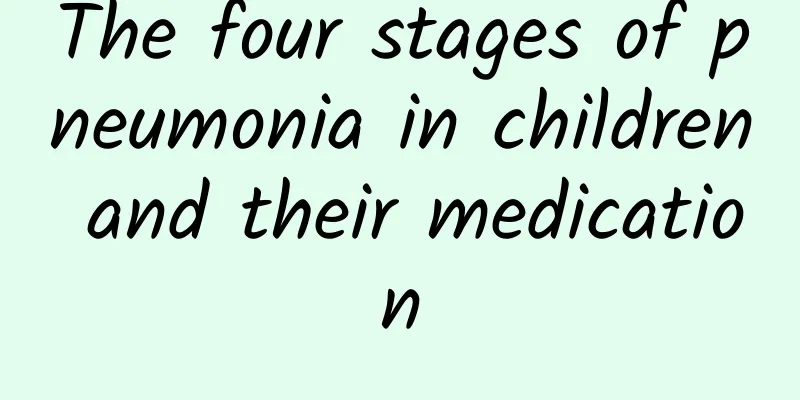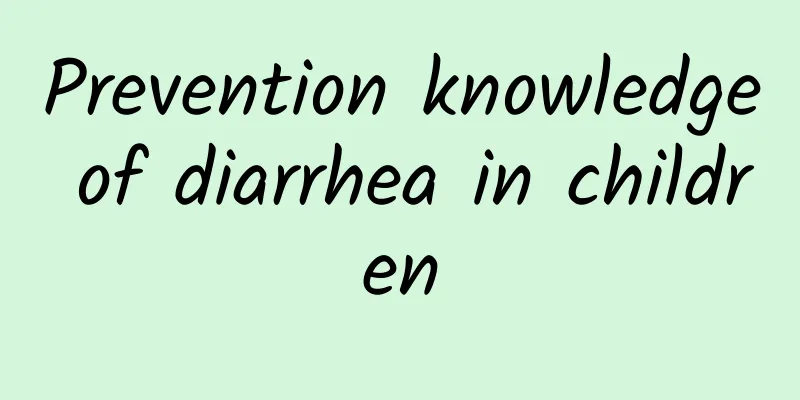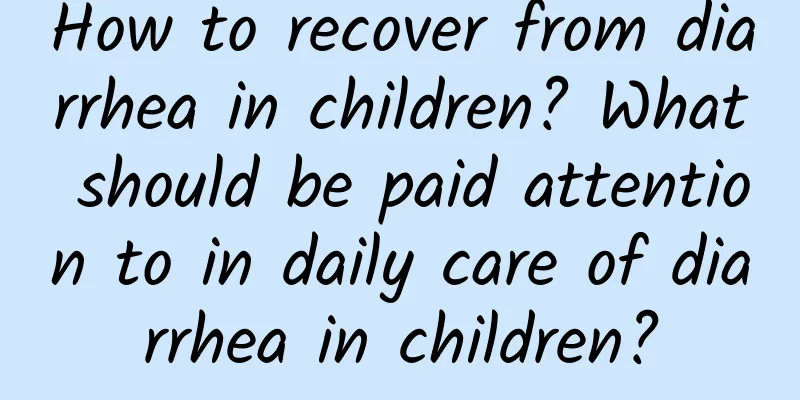Transmission and prevention of hand, foot and mouth disease

|
The main transmission routes of hand, foot and mouth disease are contact transmission, droplet transmission and gastrointestinal transmission. Prevention requires maintaining personal hygiene, enhancing immunity and controlling environmental hygiene. 1) Transmission routes Hand, foot and mouth disease is caused by enterovirus infection. The following are common ways of transmission: -Contact transmission: Direct contact with the patient's saliva, herpes fluid, feces and contaminated objects (such as toys, cups, towels) may spread the virus, which is also one of the most common ways of transmission. - Droplet transmission: When patients sneeze or cough, the virus is spread through droplets, and people in close contact are easily infected. - Digestive tract transmission: Infection is also easy to occur through drinking water and food contaminated by the virus, for example, children do not wash their hands before eating. After understanding these transmission routes, everyone needs to pay special attention to daily hygiene habits to cut off the transmission chain. 2) Prevention methods (1) Maintain personal hygiene - Wash your hands frequently: Wash your hands with running water and soap for more than 30 seconds, especially before eating, after going to the toilet, and after returning from playing outside. -Avoid contact with the source of infection: Avoid close contact with patients, especially during the peak period of hand, foot and mouth disease. If there is a patient at home, they should be isolated in time and the patient's daily necessities should be thoroughly disinfected. (2) Enhance immunity - Ensure balanced nutrition: Eating more foods rich in protein and vitamins, such as eggs, fresh fruits and vegetables, will help improve immunity. -Reasonable work and rest schedule: ensure that children get enough sleep and avoid excessive fatigue, thereby improving their body resistance. (3) Control environmental hygiene - Frequent ventilation: Windows in living places should be opened regularly every day to maintain air circulation. -Disinfection of items: Children's toys, tableware, etc. should be regularly disinfected by boiling in boiling water, wiping with 75% alcohol, or soaking in chlorine-containing disinfectants. Hand, foot and mouth disease is common in children and is easily spread. Good personal and environmental hygiene is the key to prevention, and parents need to be vigilant at all times. If symptoms worsen or high fever or persistent vomiting occurs, seek medical attention immediately. Adhering to scientific prevention and control can effectively curb the risk of hand, foot and mouth disease transmission. |
<<: How long does it take for neonatal jaundice to subside?
>>: What are the symptoms of Hirschsprung's disease in adults?
Recommend
How to check for ADHD
The healthy growth of children is very important,...
What are the examination items for acute laryngitis in children?
What are the examination items for acute laryngit...
What is the cause of dry cough in babies? Common causes of dry cough in babies
Infants usually have dry coughs during the day, a...
What are the causes of children crying at night?
If a child often cries in the middle of the night...
What is mumps?
Mumps is an infectious disease caused by a virus ...
What causes patent ductus arteriosus in newborns?
Patent ductus arteriosus in newborns may be cause...
Can boiling water with Gardenia jasminoides cure jaundice? Listen to the experts' answer!
Jaundice is a common symptom characterized by yel...
Normal value of neonatal jaundice in 24 hours
Normal value of neonatal jaundice in 24 hours 1. ...
How to reduce the incidence of pneumonia in children
How to reduce the incidence of pneumonia in child...
What is hernia in children? What are the symptoms of hernia in children?
When a child gets hernia, it is not only painful ...
How to use medicine to treat children's cough? What are the medicines for children's cough?
Coughing is a problem that almost every child wil...
Diarrhea examination items for children
Children are the treasures of every family. Paren...
What is the cause of children's cough? What is the method of traditional Chinese medicine to treat children's cough?
Children's cough is a defensive reflex moveme...
How serious is pneumonia in children?
There will always be diseases appearing in our li...
How long does it usually take for a child's cough to heal?
How long does it usually take for a child's c...









